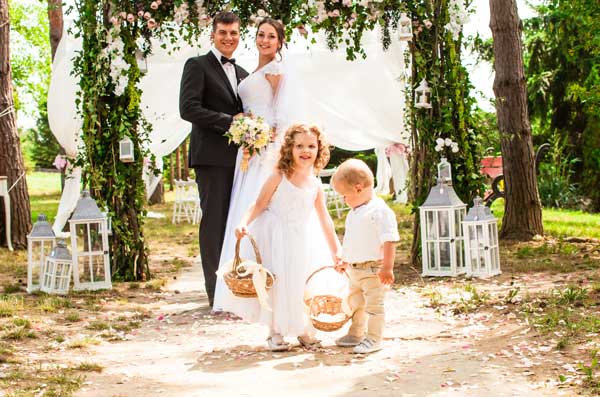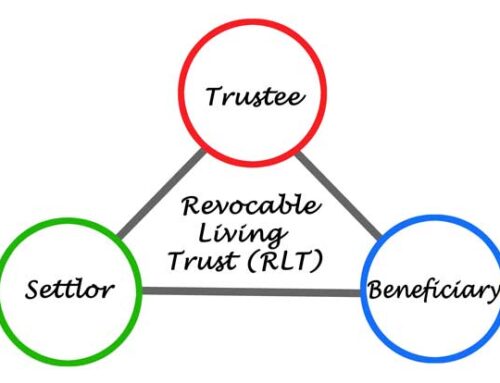Marriage changes a lot of things—but should it change your existing trust? To answer that question, let’s look at a hypothetical:
John has two children: Dick and Jane. John purchases a home on Evergreen Lane and transfers that home into the John Doe Revocable Trust. Wanting to leave his children a tangible asset that can later be used to provide for their own growing families, John designates his Dick and Jane as the Trust’s beneficiaries. A year later, John meets Mary; and the following summer, John and Mary are married. John does not want Mary to have any interest in the Evergreen Lane property as that property is meant to provide for Dick and Jane upon his death. A year later, John dies. Should John have amended his trust following his marriage to Mary?
The short answer? Yes. What we’re looking at here is something called the “Omitted Spouse Doctrine.” Although Evergreen Lane is technically separate property, pursuant to California Probate Code Section 21610, because John failed to provide for Mary in the instrument that he executed prior to the marriage, Mary will receive a share of John’s estate consisting of: (1) John’s one-half (1/2) interest in the community property; and (2) a share of John’s separate property equal to that which she would have received had John died intestate (without the trust).
Fortunately, the California Probate Code provides an “out” so that you don’t end up like John. Under Section 21611, a surviving spouse will not receive a share of a decedent’s estate so long as the failure to provide was intentional and apparent within the testamentary documents. Bouncing back to John, had he simply amended his trust to (1) acknowledge that he married Mary; and (2) specifically disinherited her within his trust, John’s children would not be required to share Evergreen Lane with their stepmother, Mary.
For additional information, please contact The Law Offices of Tony J. Tyre, Esq., APC at 626-858-9378 or www.tyrelawgroup.com






